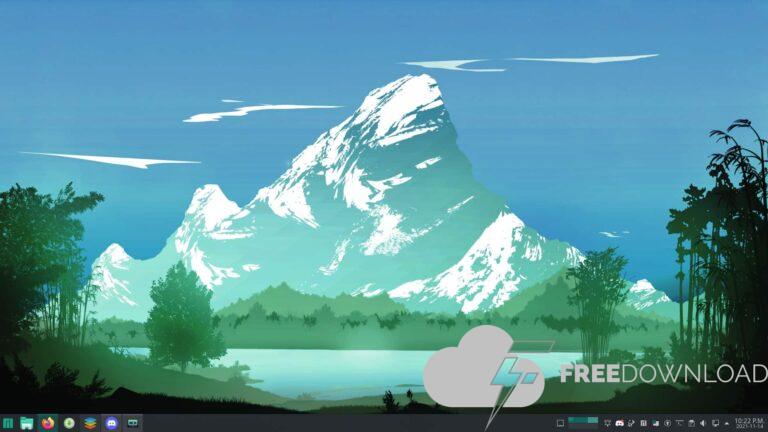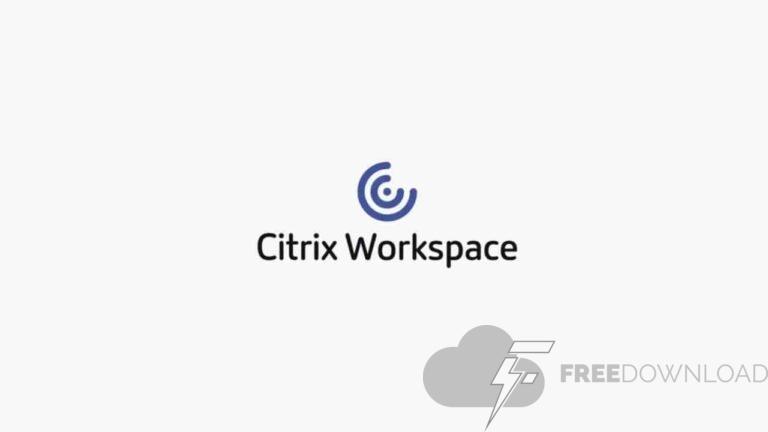As most of us old-timers agree, Home windows has been heading within the unsuitable path since Home windows 7 (possibly not by way of help for the most recent applied sciences, however by way of consumer interface, consumer management, consumer privateness, and high quality assurance). Home windows 11 seems to be set to proceed down that unsuitable path.
My “new” (2¼-year-old) laptop computer is now most likely sufficiently old to be nicely supported by later Linux kernels, however I nonetheless have various issues. Most vital are battery and thermal administration. Most laptop computer producers present brand-specific utilities for managing battery life … for Home windows however NOT for Linux. (Name me a cynic — aka, a scholar of antitrust historical past — however I’ve to wonder if the more serious the help laptop producers provide for Linux, the higher the break they get on OEM Home windows licenses.)
When Home windows 8 got here out, I started switching to cross-platform apps in Home windows 7 (no less than to the extent it was sensible), and when Home windows 10 got here out, I used to be glad I had: a lot of the packages I exploit most in Home windows both have native Linux variations (LibreOffice, Pale Moon, Courageous, LibreWolf, Handbrake, Shotcut, Audacity, VLC, FreeFileSync, calibre, TeamViewer), or run nicely in Wine (IrfanView, Notepad++), or run passably nicely in Mono (Subtitle Edit). However there are some packages I’ll *positively* miss once I swap to Linux:
* voidtools’ “All the things” search utility. All the things’s pace and energy has spoiled me ROTTEN. It leaves Catfish, Drill, and Recoll within the *mud*. There may be an All the things-inspired Linux search utility known as fsearch, however I’ve learn that it’s nonetheless not so good as All the things. Nonetheless, although, fsearch might be what I must accept.
* Macrium Replicate. To my information, there is no such thing as a utility that lets you clone or picture a Linux system drive *whereas the system is mounted and operating*. (I imagine Macrium depends on Home windows’ Quantity Shadow Copy Service to allow that. I collect than utilizing Btrfs snapshots may obviate the necessity for imaging, however the edge-case horror tales I’ve examine Btrfs make me cautious about utilizing it.) Anyway, I’m positive a number of customers are advantageous with a couple of (or a number of) hours of compelled downtime whereas their system is being imaged. I’m not certainly one of them.
* NirSoft Utilities and Sysinternals Suite. So many helpful utilities, multi functional place! (Okay, in *two* locations!) Is there a Linux utility that permits me to look my shopping historical past in *all* of my browsers in a single operation? I don’t know! I’d should *analysis* it. Now multiply that effort by every non-Home windows-specific, non-Workplace-specific NirSoft and Sysinternals utility you often use…
* AutoHotkey. There may be no less than one AutoHotkey-inspired scripting utility for Linux, however the consensus appears to be that (as with fsearch versus All the things) it’s simply not (remotely?) pretty much as good.
* Guitar Professional. Okay, so it’s payware and it doesn’t *ever* appear to get absolutely debugged and optimized from model to model and replace to replace, however it’s nonetheless much more refined and enjoyable than TuxGuitar. In Linux, Guitar Professional must be run in a Home windows digital machine.
* Virtoo by LG. This a utility that permits folks on LG-brand computer systems to “remote-control” no less than some elements of their Android or iOS smartphones through Bluetooth. It’s also possible to use it to switch media recordsdata and paperwork forwards and backwards, however what I prefer it finest for is the mirroring of cellphone notifications on my laptop desktop and, particularly, the flexibility to answer textual content messages on an actual keyboard. (I simply realized why George RR Martin is taking so lengthy to complete “The Winds of Winter”: he’s most likely typing it on a smartphone! 😉 Anyway, to the perfect of my information, there is no such thing as a “Virtoo by LG” for the Linux desktop.
*Numerous different LG utilities. It’s good to have a small assortment of hardware-specific utilities that may examine, replace, or handle your BIOS, firmware, show, energy, and the like. I’ll most likely discover methods to do with out these devoted utilities, however I strongly suspect it gained’t be almost as handy and simple.
* Garmin Specific. Garmin stopped supporting browser-mediated updates to its GPSes a few years in the past. Garmin Specific is now the one recreation on the town, and Garmin doesn’t launch a model of it for Linux (which feels form of cheeky, provided that the GPS itself runs Linux). I’ve come throughout a three-year-old tutorial for putting in Garmin Specific in Wine, however I don’t but know if it nonetheless works, and if it does, how nicely. This might find yourself being one other program relegated to a Home windows digital machine. Or, I might simply cease utilizing my Garmin GPS fully and use my cellphone for navigation as an alternative.
* My UPS administration utility? Not essentially. My UPS producer has launched a command-line utility for numerous Linux releases which can be solely barely outdated; possibly it’s going to work with the most recent releases, as nicely. In any other case, the Home windows model of the utility goes into my Home windows digital machine (so I can flip off that rattling “no mains energy” alarm if it ever decides to show itself again on!).
* MediaMonkey 5. I exploit this primarily for bulk-tagging MP4s. I haven’t researched alternate options for possibly three years, however final I did, I used to be unable to seek out any. I’ve learn studies from individuals who declare to have efficiently put in MediaMonkey 5 in Wine, however I’m not relying on it working for me. This can be yet one more app that will get relegated to a Home windows digital machine.
* ShutUp10. I’m kidding! (Or possibly not. It’s *positively* going into my Home windows digital machine.)
* Home windows Privateness Dashboard [WPD]. Kidding once more! (Besides that this, too, is certainly going into my Home windows digital machine.)
* Sordum’s Home windows Replace Blocker. Boy, I simply can’t cease kidding, can I? (Ditto.)
Aside from that, nicely, possibly establishing a LAN is a little more work in Linux as a result of it’s important to manually assign static IP addresses to all member units. (Then again, Microsoft didn’t do Home windows any favors by eliminating the quick-and-easy Homegroup Wizard, or no matter it was known as.) And possibly establishing and administering a firewall is a little more work in Linux, too, or no less than presents a brand new studying curve.
Aside from that, for those who select a desktop surroundings that fits you — for me, coming from Home windows, it’s KDE Plasma or Cinnamon — and for those who give your self time to get used to some new “different” apps, operating Linux just isn’t that totally different from operating Home windows, each day, besides that the OS doesn’t maintain attempting to spy on you and also you stay in command of what occurs to your system. It’s fully doable for extra Home windows customers than you may count on, although possibly solely value the brand new studying curve for people who find themselves particularly involved about privateness and controlling what occurs to their system. In case you’re advantageous taking part in cat-and-mouse with Microsoft the place your private info is worried, and also you’ve accomplished nicely with Microsoft’s non-beta-tested, “blob roll-up,” “drive-by” updates to date, it’s loads simpler to only follow Home windows.




